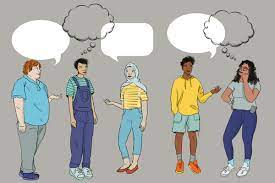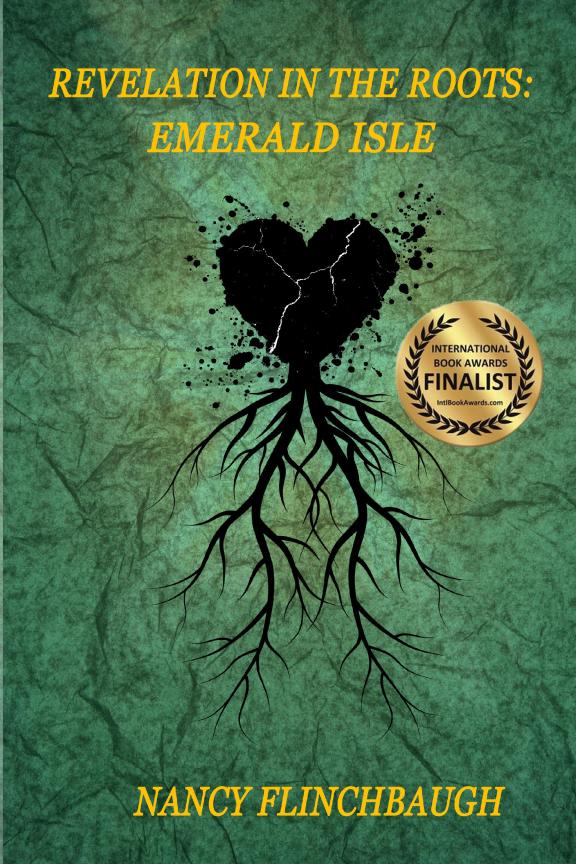Talking About Race
August 23rd, 2022
In these troubled times, talking about race may bring sighs of relief or shouts of anger. For people of color who experience racism every day, more talk may bring hope, after much silence. But for white people, some get very upset talking about racism, and they also don’t want any discussion in the schools.
Some questions I wonder about are: Why is this so hard right now? Why are white people so angry, when they are the ones who benefit from racism? What would Jesus have to say about this?
First, why is this so hard? I think several things make this hard. One, our current political reality involves so much rhetoric and division. Two, racism is often invisible to white people who don’t experience it. Much of the institutionalized racism that creates disparity in how people are treated by criminal justice systems, by our schools, and by our financial institutions is subtle and difficult to see. Until images of George Floyd being asphyxiated to death by a policeman’s knee on his neck flooded our television screens, many white people doubted that racism still exists. Third, perhaps some don’t want racism to be dismantled.
Now, let’s look at the next question. Why are white people upset when talking about race? What I’ve experienced in diversity workshops is that white people become defensive and uncomfortable talking about race, because they feel accused. They usually don’t think they’ve done anything wrong, yet are being blamed for racism in our society. Some things they might say are: “I’m not racist,” “I believe we are all the same,” “I’m color blind, when it comes to race,” “I didn’t have anything to do with slavery,” “It’s not my fault,” “I believe everyone should be treated equally.”
On the one hand, I agree with these statements. And if we look to the scientific community, they assert that race is a social construct. It does not make sense as a genetic classification. Human gene diversity is attributed to geographical and environmental realities. The color of the skin results from the environment in various geographical regions.
American sociologist W.E.B. Du Bois spoke against the idea of race as a biological explanation for what he understood to be social and cultural differences between different populations of people, (The Souls of Black Folk, Penguin Press, 1903). Others point out that race theory was developed by those selling slaves to justify the use of Africans as chattel.
Scientists confirm what Du Bois wrote over a hundred years ago, when they tell us that there is very little difference in the human race, genetically. In an article “Unraveling the Human Genome: 6 Molecular Milestones”, published in the journal Science (2/4/13), four scholars say racial categories are weak proxies for genetic diversity and need to be phased out. Svante Pääbo, a biologist and director of the Max Planck Institute for Evolutionary Anthropology in Germany, explains: “What the study of complete genomes from different parts of the world has shown is that even between Africa and Europe, for example, there is not a single absolute genetic difference, meaning no single variant where all Africans have one variant and all Europeans another one, even when recent migration is disregarded. It is all a question of differences in how frequent different variants are on different continents and in different regions.”
And yet, our history is replete with social and political actions in which race determines how people are treated. In the United States, the mistreatment of Africans as slaves continued for 300 years, followed by the Emancipation Proclamation, only to lead to Jim Crow laws, keeping African Americans as second-class citizens. Eventually, the Civil Rights Movement led to integrated schools and laws protecting people from discrimination in employment, housing and finance. Yet, years of abuse make it difficult for African-Americans as a whole to take advantage of the opportunities offered to whites in our culture.
As a Christian, I don’t think that racism is permissible, according to the teachings of Jesus. Jesus prayed that we might all be one. He taught to love your neighbor as yourself, and to illustrate, told the familiar story of the Good Samaritan. It seems clear to me that Jesus told us to love and refuse to treat others with racism. I also believe it’s important to teach the truth about our history and to teach children to not discriminate.
As a white person in America, I also feel a responsibility to take action to try to end racism. I choose to talk about it, so we can work to change the situation.
As an author, I work to incorporate the issues of our day into my writing. My most recent novel, Revelation in the Roots: Emerald Isle, (All Things That Matter Press, 2022), explores mixed roots in this melting pot of America. Some of the white characters learn they have African DNA, while some of the African-American characters learn they have Irish DNA. The story explores our racial and political divisions on a tour of Ireland, lifting up the teachings of Jesus to love another.

I think it’s so important to talk about race and see what we can do together to bring about a more just society. What are your thoughts on talking about race?
